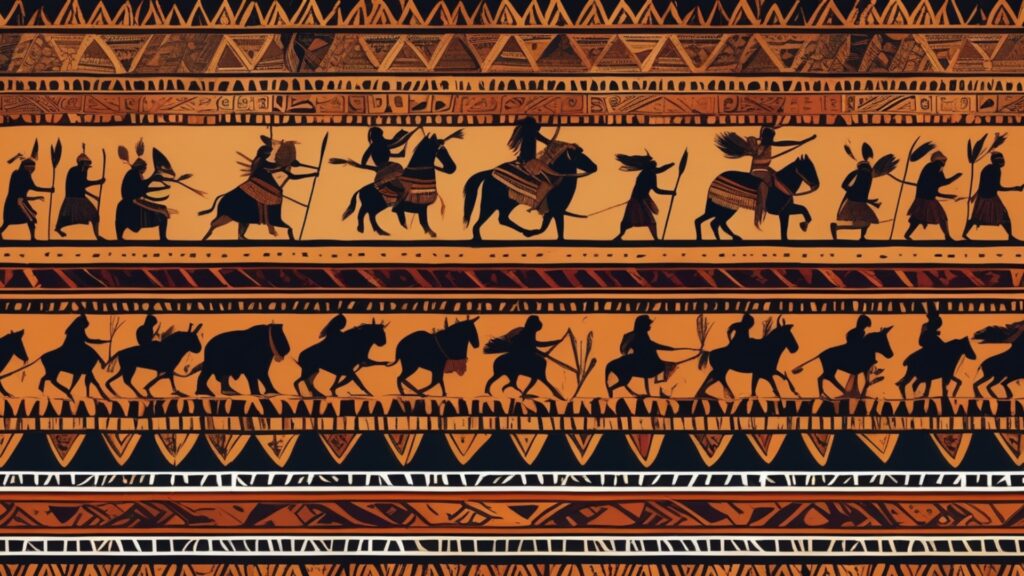Title: Frequency of Wealth – The Harmonic Wealth Code
In the vast symphony of existence, wealth is not merely a collection of material possessions; it is a resonance—a frequency that harmonizes with the rhythms of the universe. As we delve into the realms of metaphysics and frequencies, we uncover the profound connection between wealth and the harmonic wealth code. Join us on a journey of enlightenment as we explore how the frequency of wealth can unlock the door to true freedom and prosperity.
The Metaphysical Dimensions of Wealth
Metaphysics invites us to explore the unseen dimensions of reality, where thoughts, intentions, and energies shape our experiences. Wealth, in metaphysical terms, is not limited to the physical realm; it transcends material boundaries and resonates with the energetic frequencies of the universe.
The Power of Consciousness
Central to metaphysical understanding is the power of consciousness. Our thoughts and intentions are not passive; they are dynamic forces that interact with the quantum field of possibilities. When aligned with the frequency of wealth, our consciousness becomes a magnet that attracts prosperity into our lives.
The Harmonic Wealth Code
Imagine wealth as a symphony, each note resonating at a specific frequency. The harmonic wealth code represents the perfect alignment of these frequencies—a state where wealth flows effortlessly and abundantly. To decipher this code, we must attune our consciousness to the vibrations of abundance.
Manifestation Through Intention
One of the key principles of the harmonic wealth code is the art of conscious manifestation. By setting clear intentions and visualizing our financial goals, we send out energetic signals to the universe. These signals act as beacons, guiding wealth toward us.
The Law of Attraction
The law of attraction, a fundamental concept in metaphysics, asserts that like attracts like. When we vibrate at the frequency of wealth, we draw wealth toward us. This principle underscores the importance of maintaining a positive mindset and cultivating an abundance mentality.
Abundance and the Quantum Field
The quantum field, a realm of infinite possibilities, responds to our energetic frequencies. When we radiate the frequency of wealth and abundance, the quantum field mirrors our intentions, bringing opportunities and resources into our lives.
Wealth as a Tool for Freedom
True freedom is not just about the accumulation of riches; it’s about having the means to live life on our own terms. Wealth provides the resources to pursue our passions, invest in personal growth, and make choices aligned with our values.
The Journey to Harmonic Wealth
In conclusion, the frequency of wealth—the harmonic wealth code—is a profound concept that transcends the limitations of conventional wealth accumulation. It is a reminder that wealth is not a static entity but a dynamic, energetic force that responds to our consciousness and intentions.
As we embark on the journey to unlock the harmonic wealth code, we must remember that wealth is not an end in itself but a means to greater freedom and fulfillment. By aligning our thoughts, intentions, and actions with the frequency of abundance, we can harmonize with the universe’s abundant symphony and dance to the rhythm of prosperity.
In the end, wealth is not just about what we have; it’s about who we become—the conscious creators of our destinies, the architects of our dreams, and the custodians of the harmonic wealth code that leads us to a life of boundless freedom and prosperity.









































